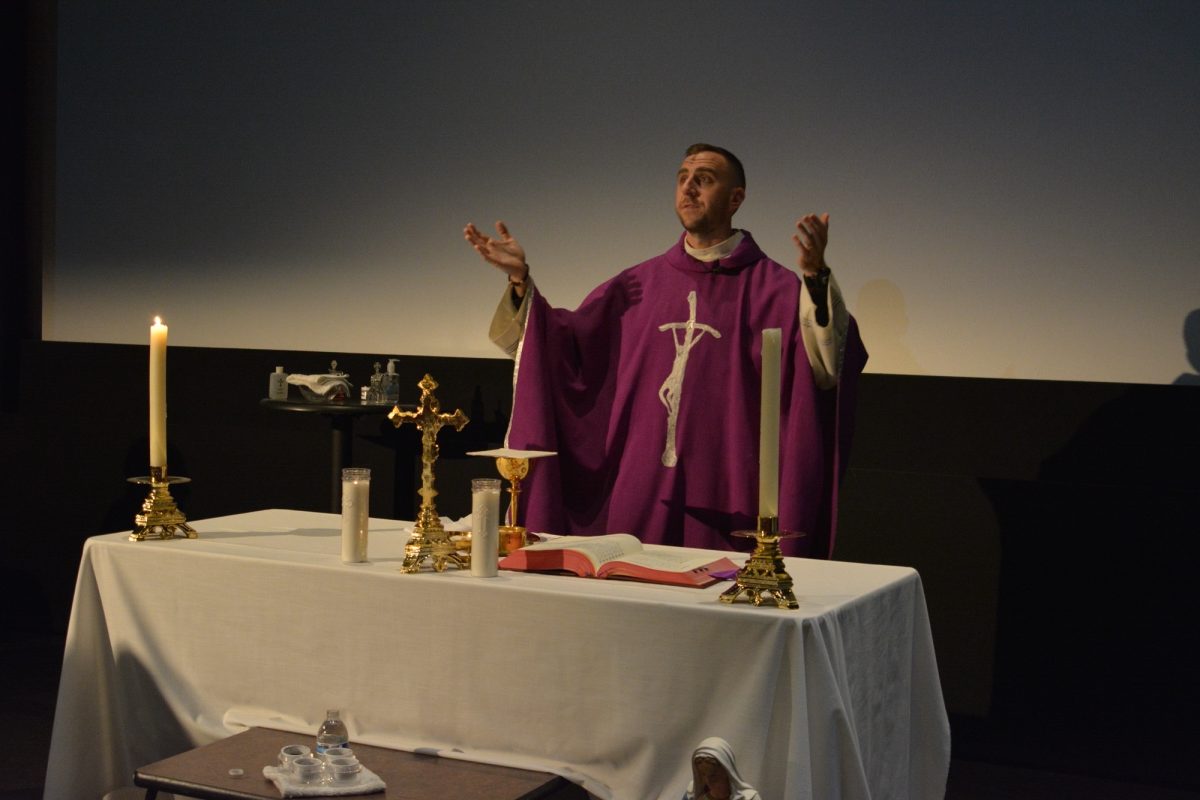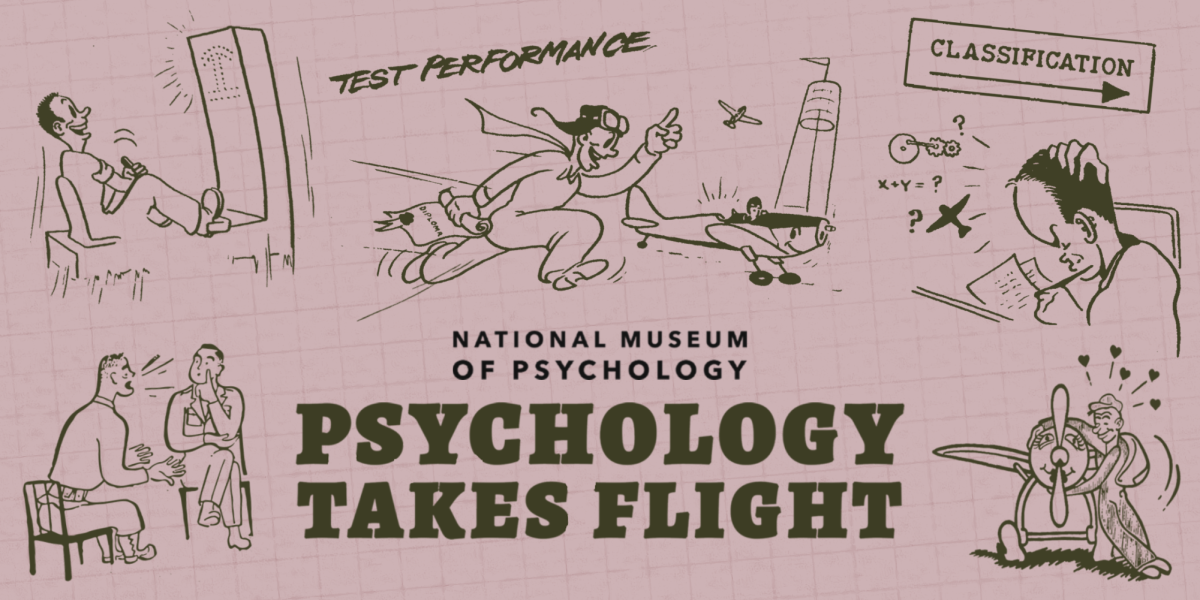Poe, poetry, and us
February 4, 2015
Most people have something in common with Edgar Allen Poe. Yes—the eccentric, creepy, arguably demented—Edgar Allen Poe; we may be more alike than we think.
Here is a disclaimer: I am not a poetic scholar, a literary critic or a notable writer. I just like reading poetry and writing what I think is poetry. And so did Poe.
But Poe also liked simplicity. And that is what he has in common with the rest of us. It’s a natural human inclination to strive for the simple and understandable, just like the inclination to avoid pain, to prolong life, to maintain pleasure and so on.
This simplicity is exemplified in Poe’s poetry. Take, for instance, one of his most famous poems, “Annabel Lee.”
“It was many and many a year ago / In a kingdom by the sea / That a maiden there lived whom you may know / By the name of Annabel Lee / And this maiden she lived with no other thought / Than to love and be loved by me.”
That almost sounds like something out of a children’s book. For all that we know it may as well be. Some might call it beginner’s poetry. I call it the best poetry. This sort of simplified and rhythmic tone is everywhere in his work.
However, rarely do we see anything but Poe’s popular work—poems, short stories and mystery novels. But Poe also wrote essays, and in one of these essays he argues for simplified and musical poetry; it’s called “The Poetic Principle.”
“…Music, in its various modes of meter, rhythm and rhyme…is so vitally important…that he is simply silly who declines its assistance—I will not now pause to maintain its absolute essentiality,” Poe wrote.
Poe’s first piece of advice for the aspiring poet—rhyme.
He goes on to say that poetry should not be concerned with “Truth;” it should not be concerned with “Reason” or “Passion.” It should simply be concerned with “Beauty”—supernal beauty, beauty from the soul, beauty that Poe would call “The Poetic Sentiment.”
“An immortal instinct, deep within the spirit of man, is thus, plainly, a sense of the Beautiful…of which through the poem, or through the music, we attain to but brief and indeterminate glimpses,” wrote Poe.
Poe’s second piece of advice for the aspiring poet—beauty.
And finally, constrained by space, I will describe only one more argument: Poe says that lengthy poetry cannot be enjoyed; neither can poetry that is too short. There is, however, a certain length of poetry that is both long enough to maintain the reader’s emotion but not so long as to dissipate this emotion. Henry Wadsworth Longfellow’s “The Day is Done” and George Gordon Byron’s “To Augusta” exemplify a suitable length.
Poe’s third piece of advice for the aspiring poet—simplicity.
Poe goes on to say that music is the highest form of art, for it alone can exploit humans’ desire for the beautiful. But for him, poetry is next in line—as long as it is rhythmical, beautiful and simple.
“I was a child and she was a child / In this kingdom by the sea / But we loved with a love that was more than love / I and my Annabel Lee…”












